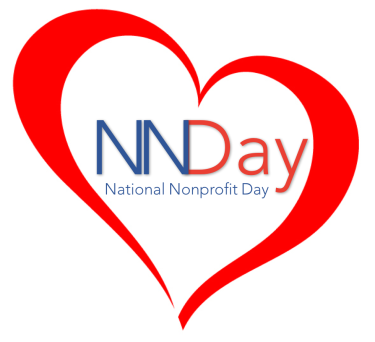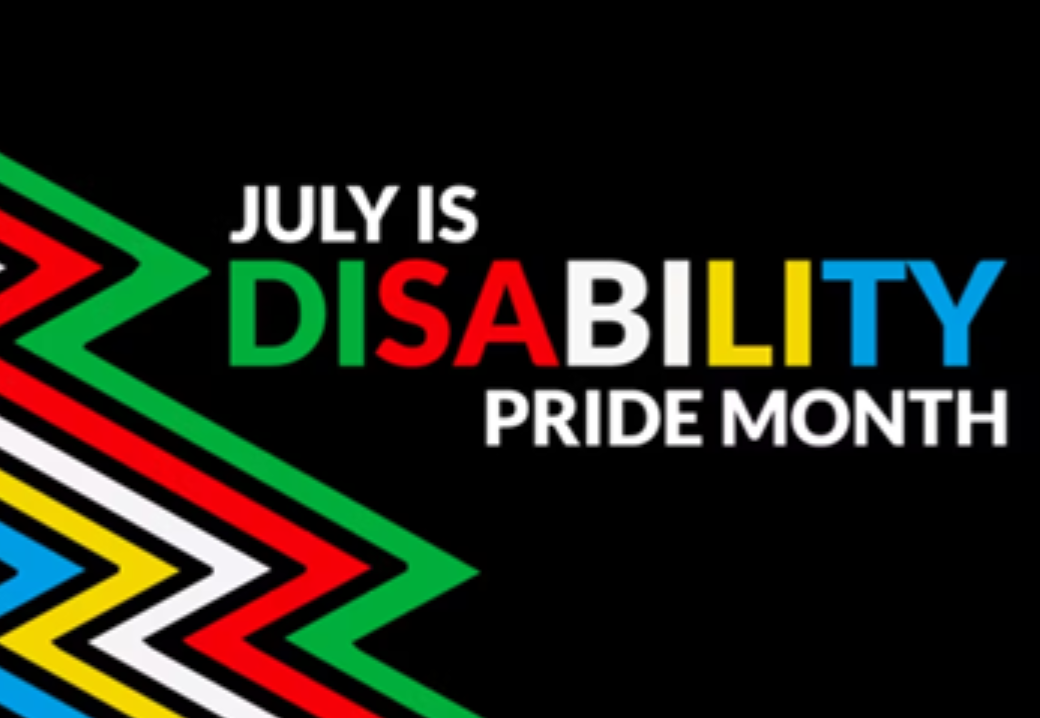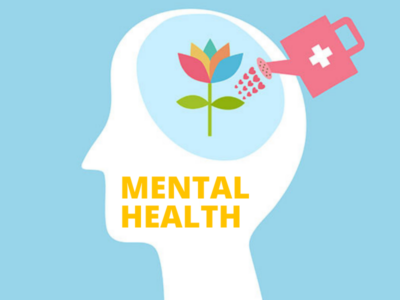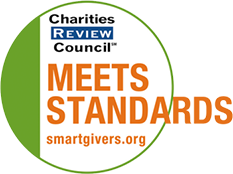by Sydney Wachtler
Share
by Sydney Wachtler
Share
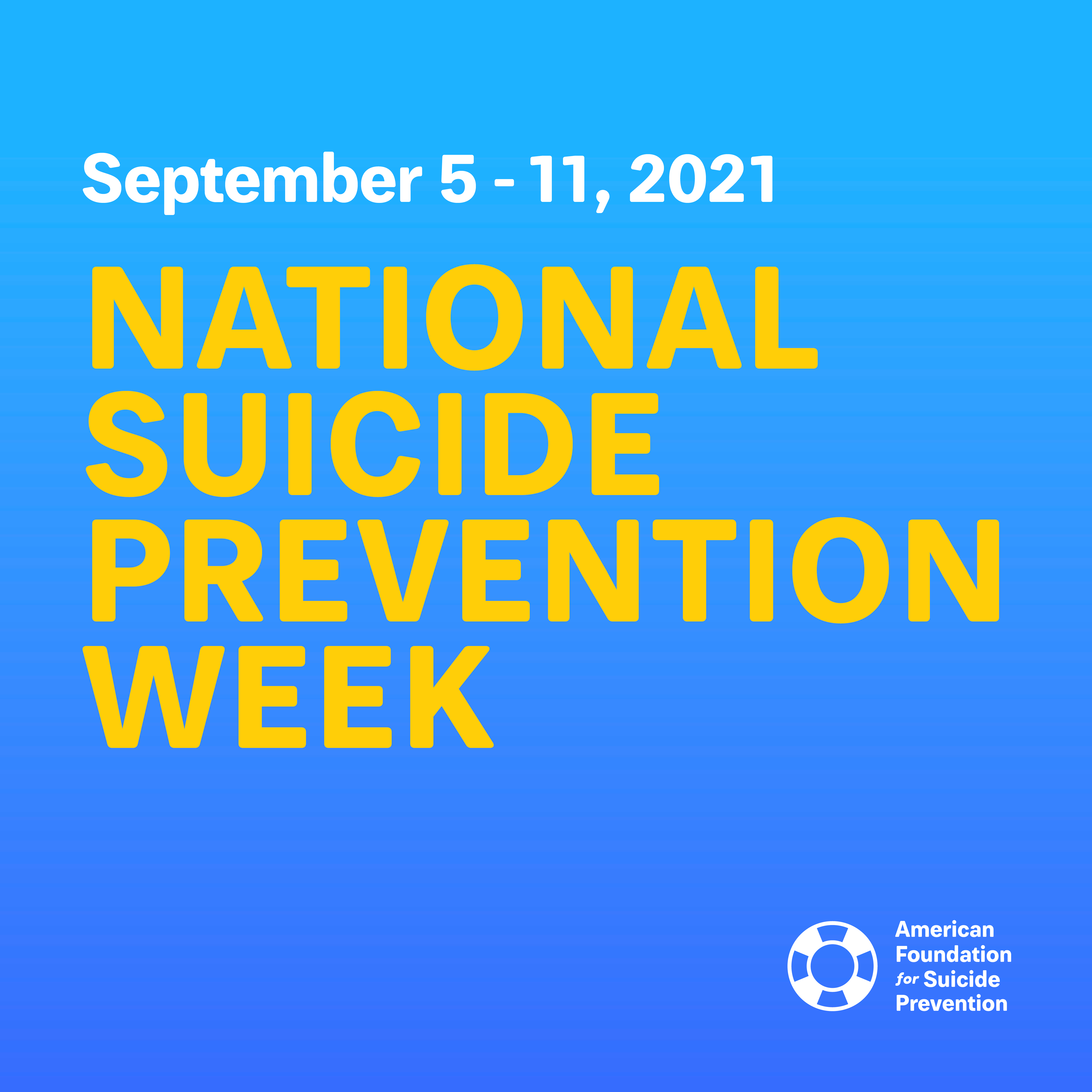
Suicide Awareness Week: September 5th-11th, 2021
September 5th-11th is National Suicide Prevention Week. Suicide is the 10th leading cause of death in the United States, yet the topic of suicide is stigmatized. It can be just as scary to ask someone you know if they are having thoughts about suicide as it is to tell someone that you are feeling suicidal. We can help prevent suicide by de-stigmatizing mental health and understanding some of the risk factors and warning signs, keeping in mind that every person is different.
Risk Factors
- Mental illness/disorders, particularly mood disorders, schizophrenia, anxiety disorders and certain personality disorders
- Alcohol and other substance use disorders
- Impulsive and/or aggressive tendencies
- History of trauma or abuse
- Major physical or chronic illnesses
- Previous suicide attempt
- Family history of suicide
- Recent job or financial loss
- Recent loss of relationship
- Lack of social support and sense of isolation
- Stigma associated with asking for help
- Lack of health care, especially mental health and substance abuse treatment
- Cultural and religious beliefs, such as the belief that suicide is a noble resolution of a personal dilemma
Suicide Warning Signs According to the Suicide Prevention Lifeline
- Talking about wanting to die or to kill themselves
- Looking for a way to kill themselves, such as searching online
- Talking about feeling hopeless or having no reason to live
- Talking about feeling trapped or in unbearable pain
- Talking about being a burden to others
- Increasing the use of alcohol or drugs
- Acting anxious or agitated; behaving recklessly
- Sleeping too little or too much
- Withdrawing or isolating themselves
- Showing rage or talking about seeking revenge
- Extreme mood swings
If you or someone you know is having suicidal thoughts, you can contact the 24-hour National Suicide Prevention Lifeline at 800-273-8255. Ask questions to make sure that they are not in any immediate danger and encourage them to seek treatment from a mental health professional as soon as possible.
STAY IN THE LOOP

